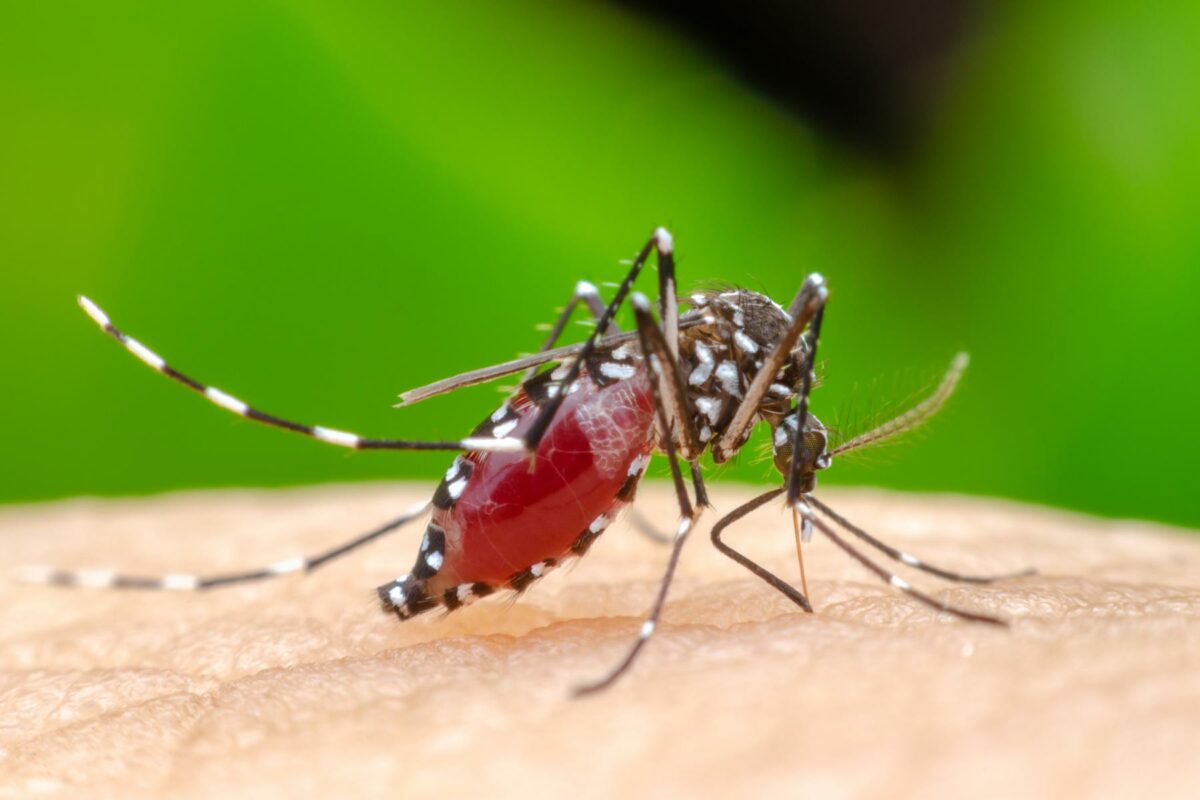There is need to establish regulatory approval systems for vector control tools in Nigeria and the rest of Africa to achieve malaria elimination, the global health company, Vestergaard has advised.
Michael Joos, Chief Executive Officer of the organization gave the advice during a virtual exclusive interview with Daily Trust.
He said, “Regulatory frameworks in endemic countries could play a vital role in guiding national malaria programmes in understanding a product’s efficacy claims.
“Coupled with a routine post-market surveillance system assessing the long-term efficacy of vector products such as bednets, regulatory approval systems contribute to closing the existing data gap, informing both procurement and deployment decisions.
“We must protect the efficacy of a treated bednet by ensuring they continue to perform as intended over the life of the nets.”
He said insecticide resistance is challenging the already fragile gains, adding that the rapid spread of mosquito resistance to the insecticides used on bednets is rendering pyrethroid-only bednets less effective.
“We must bring new generation bednets to market quickly and with least possible hindrance. This scale-up of new products can happen provided a clear innovation pathway is defined to go from idea generation all the way out to the at-risk population.
“By fast-tracking the regulatory pathway to market, improving tools to evaluate bednet performance in real conditions of use, and ensuring faster adoption of new nets at scale, the malaria community can not only save time and money but also improve impact,” he advised.
He said the organisation has made commitments to Nigeria, through the National Malaria Elimination Program (NMEP) to provide technical knowledge transfer on how to conduct post-market surveillance on bed nets specifically.
He said there is a need for improved surveillance because bed nets have been extremely effective in the fight against malaria.
“In fact, bed nets are responsible for almost 70% of the malaria incidents that have been avoided and the lives that have been saved.
“However, since the last five years or so, the death rate has not improved. One of the big reasons for this is insect resistance. So the mosquitoes are becoming resistant to the insecticide that we are putting onto the bed nets and we need to better understand where in the field the bed nets are working and where they are not working,” he added.
He said Vestergaard has developed a technology to make bednets out of 100% recycled and upcycled polyester, without compromising quality.
He said while bed nets are highly beneficial, they also account for around 100,000 tons of polymer plastic that need to be discarded or recycled in an environmentally friendly manner each year.
“There is a tremendous opportunity to close the loop and create a circular economy for bednets.
“At Vestergaard, we see it as our responsibility to bring solutions to the environmental challenge created by our products. After two years of testing and research, we have developed and validated the technology to enable the manufacturing of new bednets out of old bednets without compromising on quality.
“It has become clear that the global malaria community needs to come up with an end-of-life plan on how to recycle bednets. Consequently, we call on the malaria community to work with manufacturing companies to find ways to introduce a circular economy and to help scale up environmentally friendly solutions like the recycling of old bednets,” Joos.
He said the Nigerian institute for medical research organisation has also collaborated with Vestergaard in providing evidence on insecticide resistance among others.
He said the private sector makes a lot of investments in research and development, noting that governments and the malaria community need to partner more with the sector on malaria elimination.

 Join Daily Trust WhatsApp Community For Quick Access To News and Happenings Around You.
Join Daily Trust WhatsApp Community For Quick Access To News and Happenings Around You.



